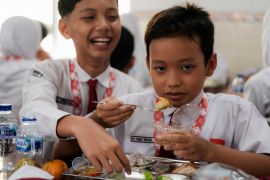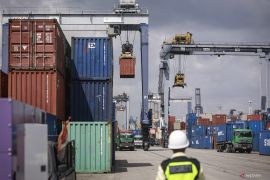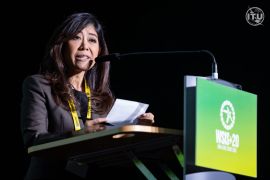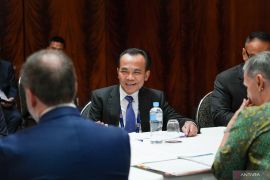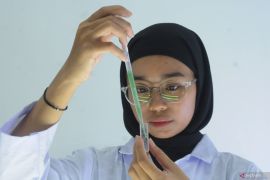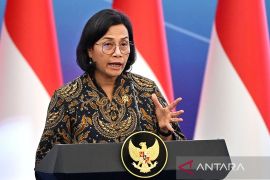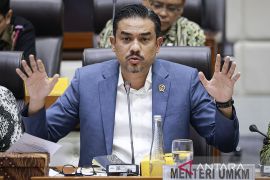To counter the negative campaign against palm oil at international trade forums, the Government of Indonesia has initiated the implementation of the "Workshop on Sustainability and Non-Tariff Barriers to Trade: The Case Study of Palm Oil" held at the end of September 2017 at the WTO Public Forum in Geneva, Switzerland.
The workshop is an initiative by Indonesia supported by several other palm oil producing countries, such as Malaysia, Thailand, Guatemala, and Colombia.
Based on records in several export destination countries, particularly Europe, palm oil products have been subjected to discriminatory treatment in relation to issues of forest destruction, climate change, and violations of indigenous rights.
Such negative campaigns have led to enormous state losses. As a result, it will have a negative impact on the national economy.
At the opening ceremony, Ambassador Hasan Kleib, the permanent representative of Indonesia in Geneva, said that various facts indicate the existence of various pressures on palm products in Europe. The pressure comes from various developed countries and the tariff and non-tariff rules set by the governments of palm oil consumers.
Several speakers, especially those from developing countries, revealed that the development of the palm oil industry had improved the economic conditions in their nations.
"The poverty alleviation program, reduction in inequality, and increase in income have been widely supported by the palm oil industry, and in its development, the industry has involved small-scale players," Ambassador Kleib noted.
Margot Logman of the European Palm Oil Alliance (EPOA) also offered balanced information from the sustainable palm oil perspective in the European region, particularly from the consumer side, to address challenges in the form of environmental and social issues related to deforestation and forest degradation.
"Developed countries should help producer nations to make sustainable palm oil," he emphasized.
The EPOA recognizes the fact that palm oil production plays a key role in the economic activities of producer countries and has contributed directly or indirectly to help communities in these countries emerge from poverty.
Furthermore, palm oil producing countries will continue to work with several stakeholders in Geneva, Switzerland, and in Brussels, Belgium, to ensure that any applicable legislation will be fair and in accordance with the provisions of the multilateral fora.(*)
Editor: Heru Purwanto
Copyright © ANTARA 2017

